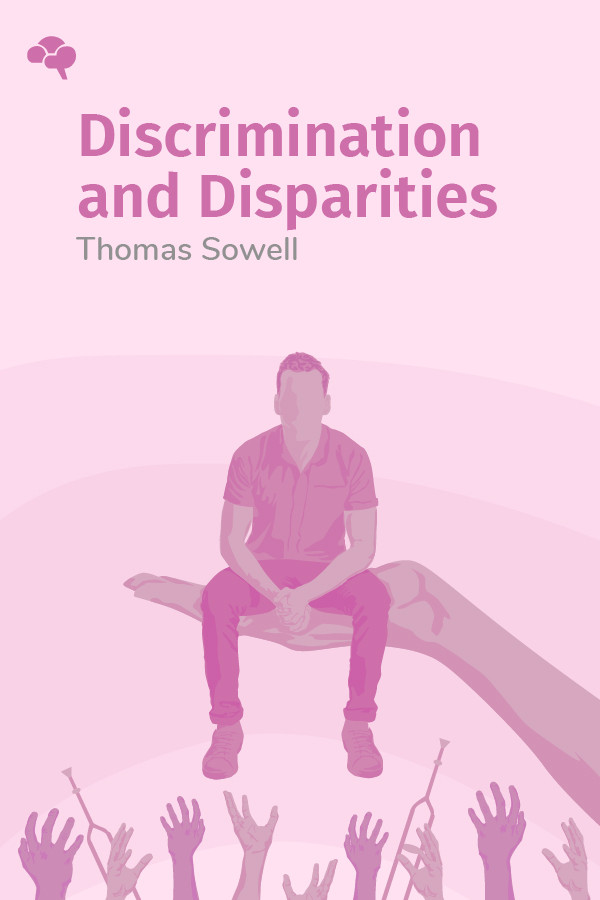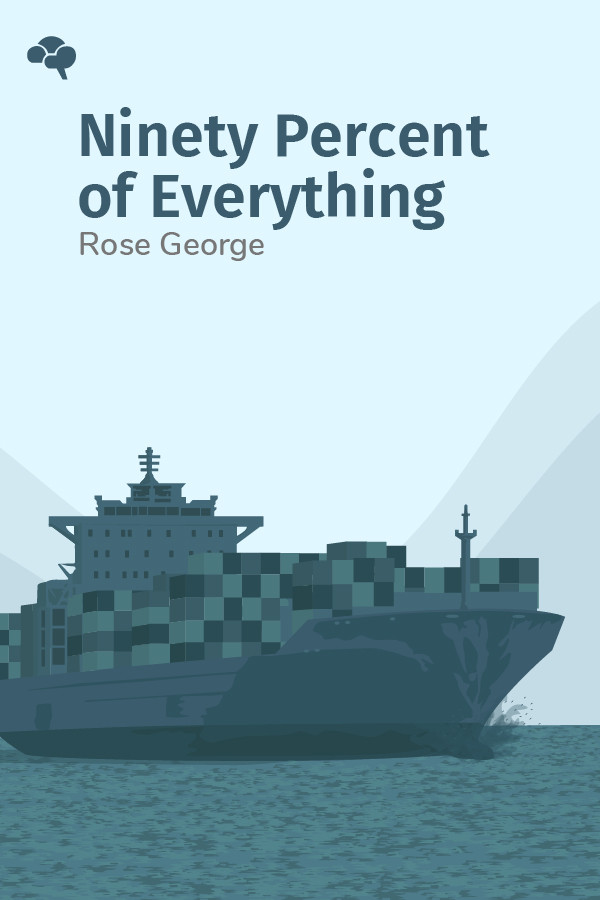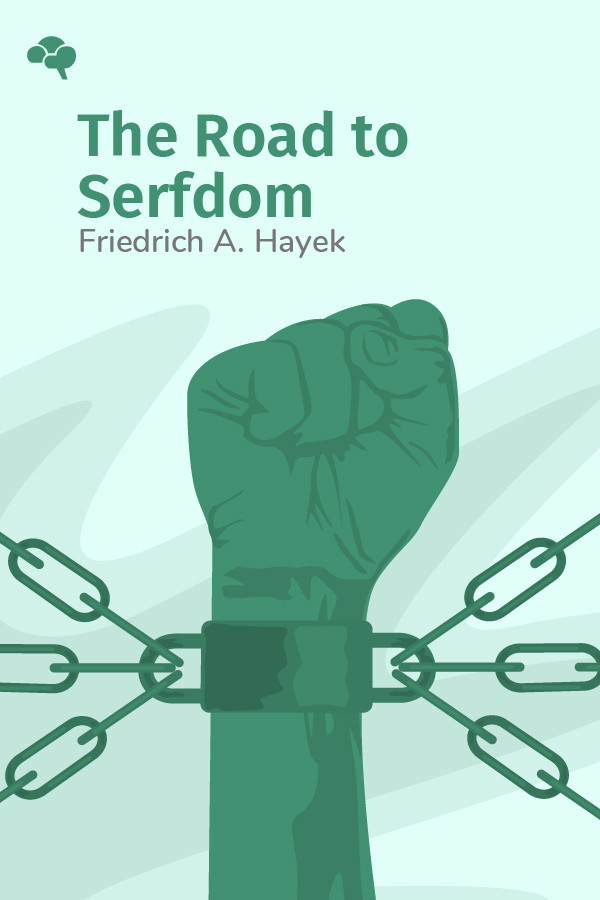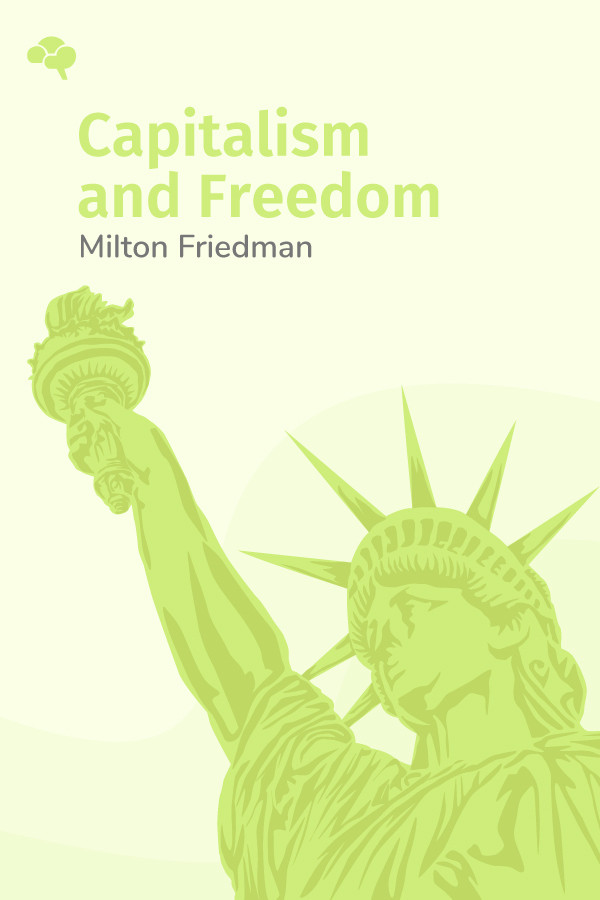
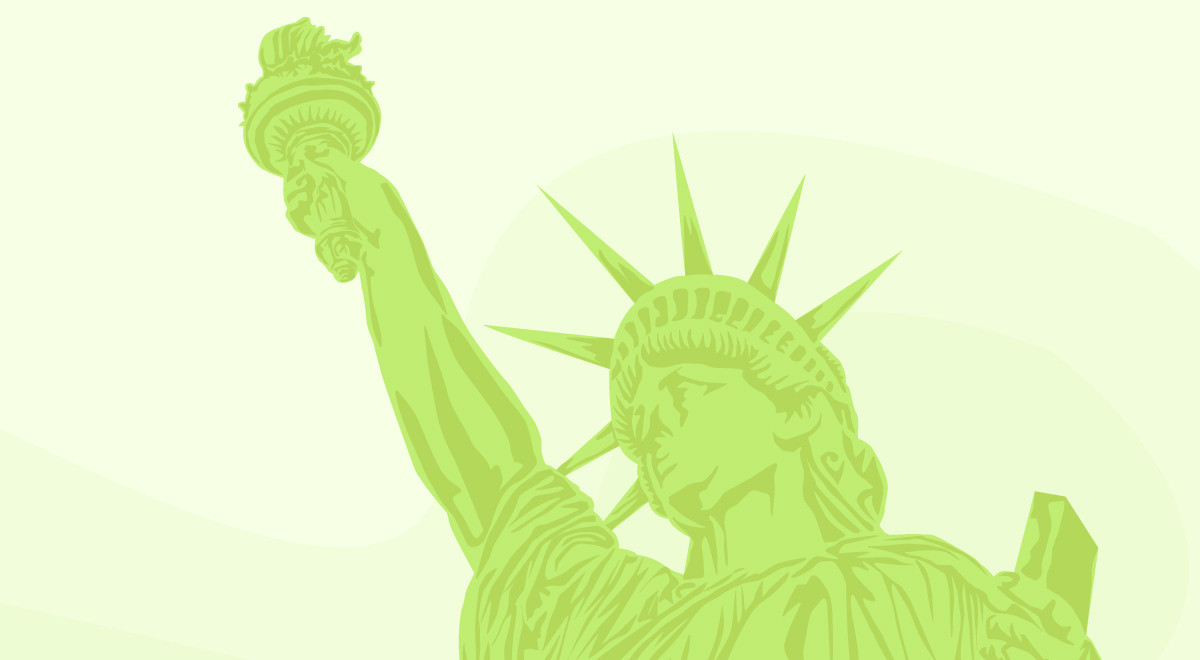
What You'll Learn:
Milton Friedman (1912-2006) was an American public intellectual who specialized in economics, public policy, and statistics. He is among the most prominent American economists and statesmen of the 20th century, alongside John Maynard Keynes. Friedman is famous for championing what would commonly be called conservative political and economic views, though he would prefer the older term “classical liberal.” Friedman wrote and taught economics with the goal of preserving the liberty of Americans from the overreach of the federal government. In Capitalism and Freedom, he articulates a classical liberal theory of economics, and applies it to numerous public policy issues, such as education, monopolies, social welfare, and the draft.
Key Insights:
- There is a direct connection between political and economic freedoms.
- Monetary policy must be dependent on rules, not government agents.
- Government can support important public services without administering them.
- Conventional plans to solve income inequality are short sighted.
- Poverty alleviation should minimize financial need, not simply equalize wealth.
- Government agencies ultimately replace the will of the people with the will of a few.
